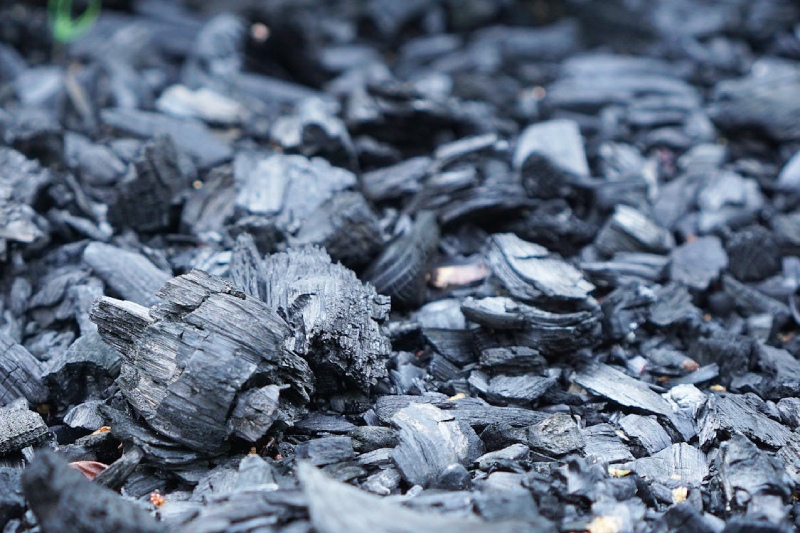For centuries, charcoal has been used as a natural method for purifying water. But in today’s world of complex filtration systems, does charcoal still hold its ground? Let’s delve into the science behind charcoal filtration, exploring its benefits and limitations.
How Charcoal Works in Water Filtration
The secret weapon of charcoal is its porous structure. Activated charcoal, the type used in filtration, has a massive internal surface area, riddled with tiny holes. As water passes through this labyrinth, impurities like chlorine, lead, and some organic compounds get trapped in these pores through a process called adsorption. This adsorption is different from absorption, where a material soaks up liquid. Here, the impurities cling to the charcoal’s surface.

Benefits of Charcoal Filtration
- Improves Taste and Odor – chlorine, commonly used for disinfection, can leave an unpleasant taste and odor in water. Charcoal effectively removes chlorine, leading to a more palatable drinking experience.
- Removes Contaminants – activated charcoal can trap a variety of contaminants, including some:
- heavy metals like lead and mercury (in small amounts);
- organic compounds like pesticides and herbicides (limited capacity).
- Natural and Sustainable – compared to some filtration methods, charcoal is a natural and renewable resource. Additionally, used charcoal can sometimes be reused in gardens for moisture control.
Challenges and Concerns
- Limited Capacity – charcoal filtration has limitations. It cannot remove bacteria, viruses, or most dissolved minerals.
- Regular Replacement – the adsorption capacity of charcoal diminishes over time. To ensure effectiveness, filters need to be replaced regularly, typically every 2-3 months for pitchers and up to 6 months for certain filters.
- Improper use, like not replacing filters or using them beyond their capacity, can render charcoal filtration ineffective and potentially introduce harmful bacteria back into the water.

Case Studies
In emergencies where clean water is scarce, boiling water and filtering it through charcoal can significantly improve water quality. Portable charcoal filters can be a handy solution for travelers concerned about drinking water quality in new destinations.
Conclusions
Charcoal filtration offers a simple and natural way to improve the taste and remove some contaminants from water. However, it’s crucial to understand its limitations. Charcoal is not a one-size-fits-all solution and should not be solely relied upon for complete water purification. For robust protection against harmful microorganisms and a wider range of contaminants, consider certified filtration systems or consult your local water authority.





